Sodium-Ion Batteries - The Emerging Champion of Energy Storage
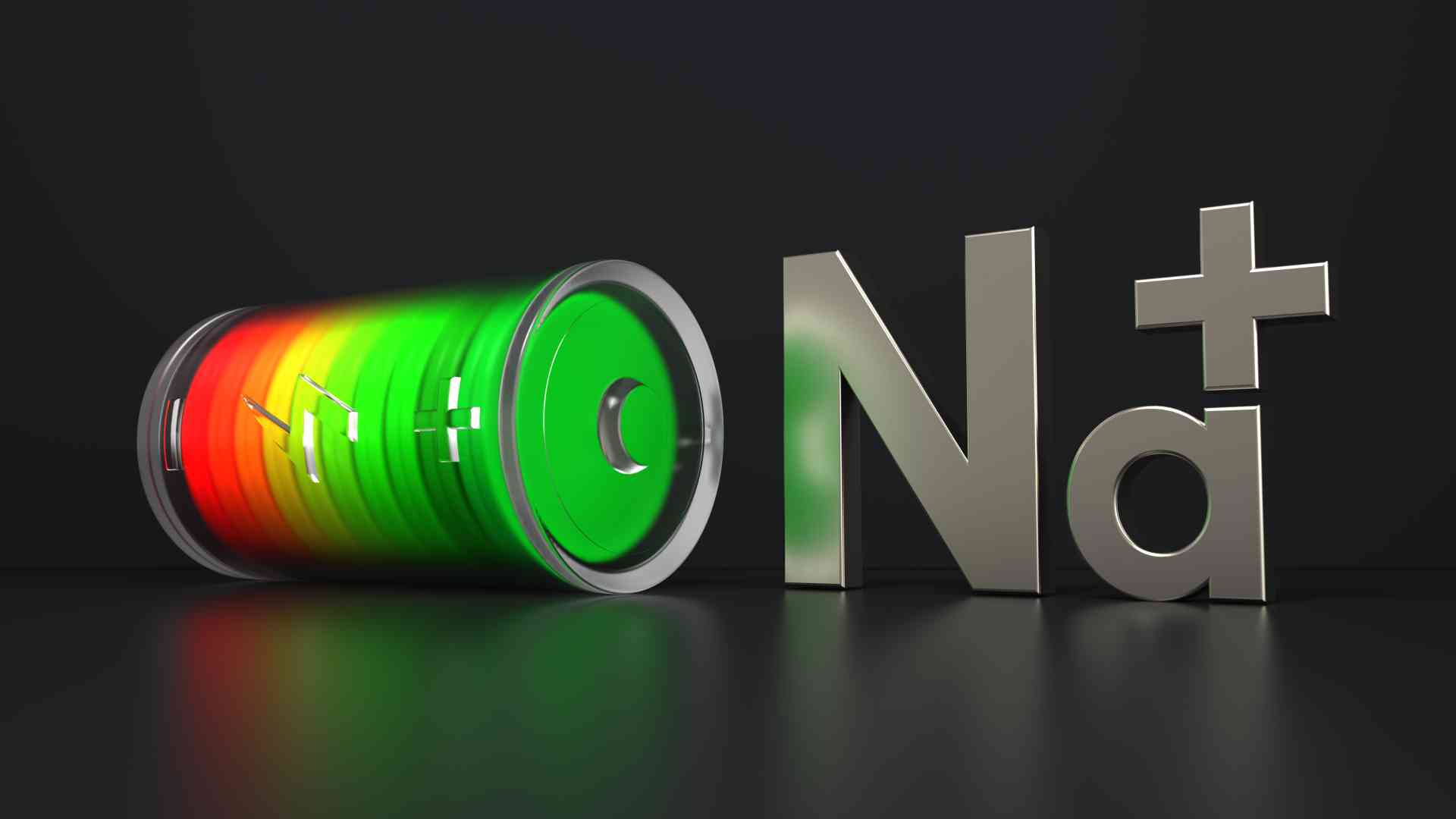
The Rise of Sodium-Ion Batteries
Sodium-ion batteries are gaining traction as a viable alternative to lithium-ion batteries, and their rise to prominence is expected to be swift and decisive. According to industry projections, sodium-ion batteries are on track to outpace solid-state batteries and silicon-anode batteries by 2032, marking a significant shift in the energy storage landscape.
Rapid Development and Cost Decline
The rapid development of sodium-ion batteries is underway worldwide, with researchers and manufacturers making significant strides in improving performance, efficiency, and cost-effectiveness. As a result, costs are declining fast, making sodium-ion batteries an increasingly attractive option for a wide range of applications, from renewable energy systems to electric vehicles.
Key Advantages
Sodium-ion batteries offer several key advantages over traditional lithium-ion batteries, including:
- Abundance of sodium: Sodium is the sixth most abundant element on Earth, making it a highly accessible and affordable resource.
- Lower costs: Sodium-ion batteries are expected to be significantly cheaper to produce than lithium-ion batteries.
- Improved safety: Sodium-ion batteries are less prone to overheating and explosions, making them a safer choice.
Global Research and Development Efforts
Research and development efforts are underway globally to further improve sodium-ion battery technology. Governments, corporations, and academic institutions are investing heavily in the development of sodium-ion batteries, with a focus on enhancing performance, reducing costs, and scaling up production.
Advantages of Sodium-Ion Batteries
Sodium-ion batteries are emerging as a game-changer in the energy storage landscape, offering several advantages that make them an attractive alternative to lithium-ion batteries.
Sodium is Abundant and Environmentally Friendly
Sodium is the sixth most abundant element on Earth, making it a virtually unlimited resource. Unlike lithium, which is mined primarily in China and Chile, sodium can be extracted from seawater, reducing reliance on geopolitically sensitive regions. Additionally, sodium is environmentally friendly, producing less waste and requiring minimal processing.
Potentially 20-30% Cheaper than Lithium-Ion Batteries
The abundance of sodium and lower extraction costs could lead to a significant reduction in battery production costs. Estimates suggest that sodium-ion batteries could be 20-30% cheaper than their lithium-ion counterparts, making them an attractive option for large-scale energy storage applications.
Suitable for Long-Duration Energy Storage
Sodium-ion batteries are well-suited for long-duration energy storage, such as grid-scale applications, due to their ability to handle extended charge and discharge cycles. This makes them an ideal choice for renewable energy systems, where energy storage is crucial for stabilizing the grid.
Challenges and Limitations
Energy Density and Voltage Need Improvement
Sodium-ion batteries currently have lower energy density and voltage compared to their lithium-ion counterparts. This limitation affects their overall performance and range in electric vehicles, making them less competitive. However, researchers are actively working on improving the cathode material and electrolyte to bridge this gap.
Lifespan and Charge/Discharge Rate Require Enhancement
Another challenge facing sodium-ion batteries is their relatively shorter lifespan and slower charge/discharge rate. This reduces their suitability for high-power applications. Ongoing research focuses on enhancing the battery's durability and charging speed to match lithium-ion batteries.
Mass Production Already Underway
Despite these challenges, mass production of sodium-ion batteries is already underway, with companies like CATL leading the charge. Economies of scale and advancements in manufacturing technology are expected to drive down costs and improve overall efficiency.
The Future of Sodium-Ion Batteries
Predicted Dominance in Long-Duration Energy Storage
Sodium-ion batteries are poised to revolutionize the energy storage landscape, with predictions suggesting they will dominate long-duration energy storage by 2027. This emerging technology is expected to play a crucial role in enabling the widespread adoption of renewable energy sources, mitigating climate change, and ensuring a sustainable future.
Hybrid Sodium-Ion Batteries: A Game-Changer
Hybrid sodium-ion batteries are being developed to offer high capacity and rapid-charging capabilities, making them an attractive solution for various applications. By combining the benefits of sodium-ion and other battery technologies, these hybrids are set to unlock new possibilities in energy storage.
Expanding Applications: Electric Vehicles, Space Tech, and Beyond
The potential applications of sodium-ion batteries extend far beyond traditional energy storage. They are being explored for use in electric vehicles, where they could enhance driving range and reduce charging times. Additionally, sodium-ion batteries are being considered for space technology and renewable energy systems, where their unique properties could provide significant advantages.
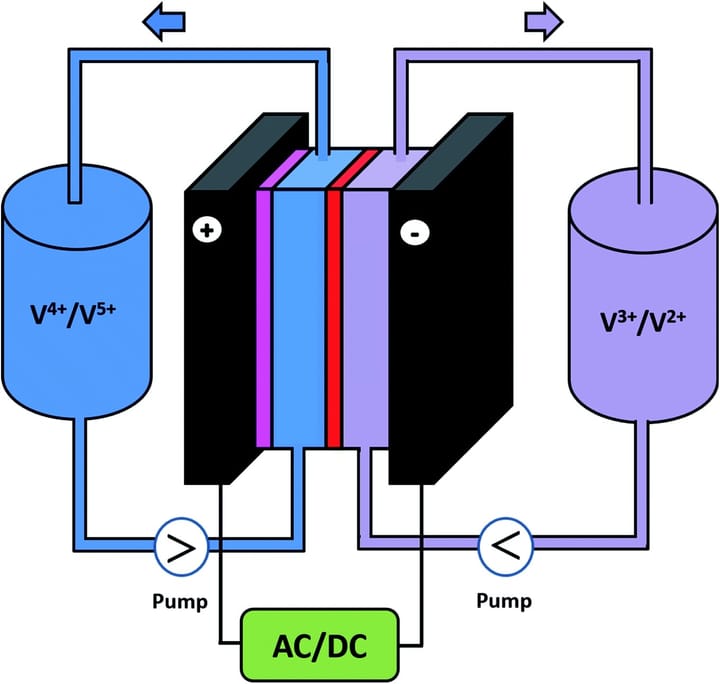
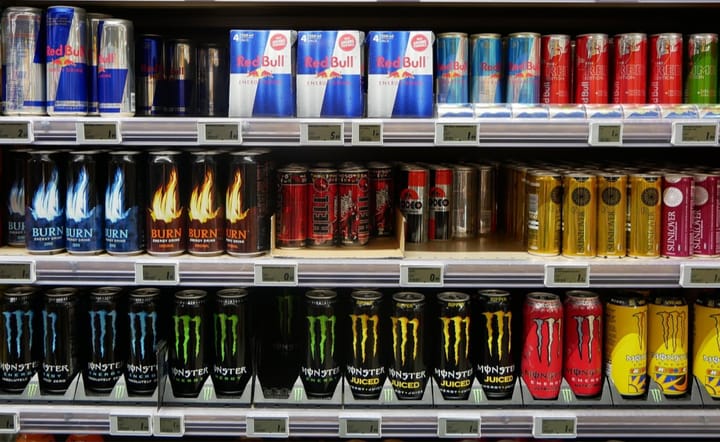
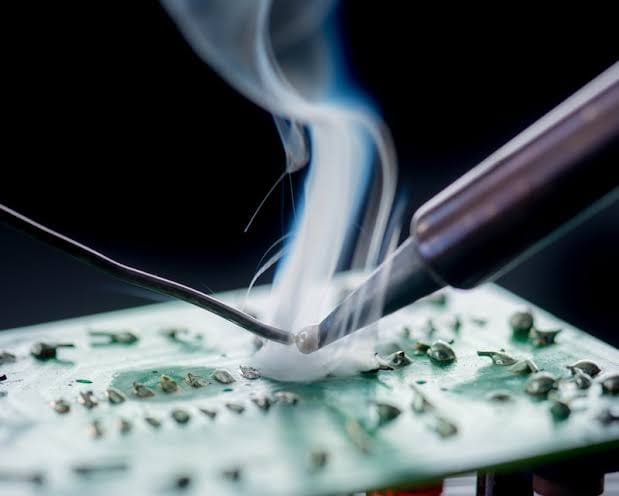
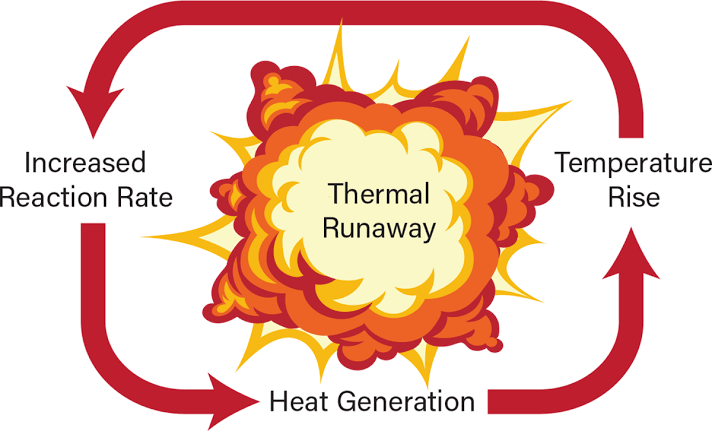
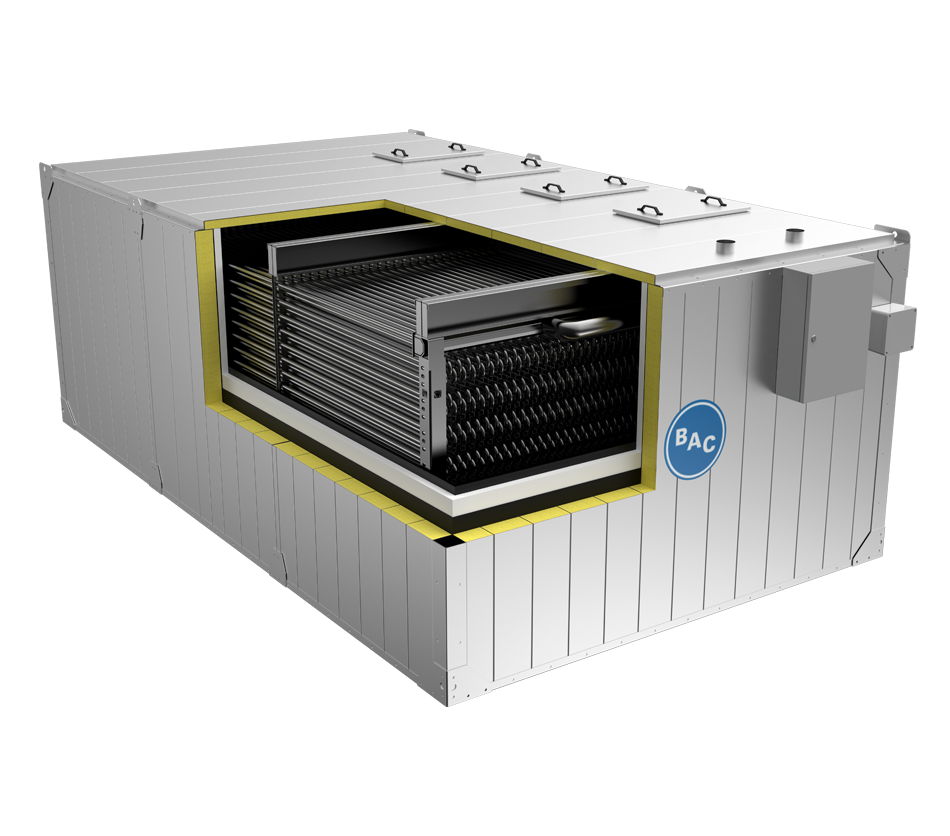










Comments ()